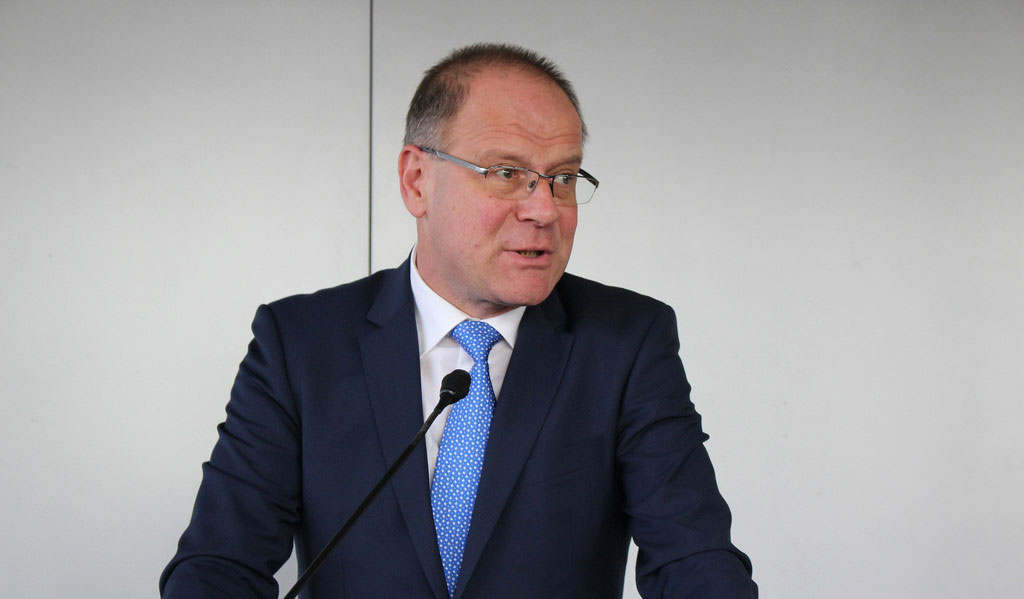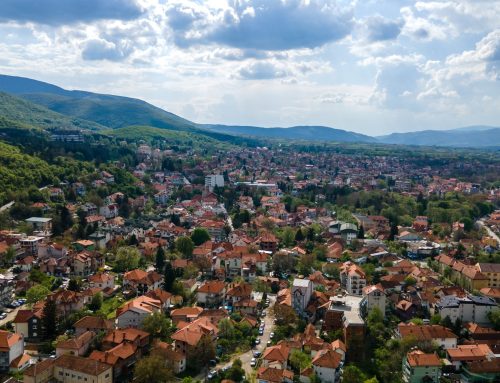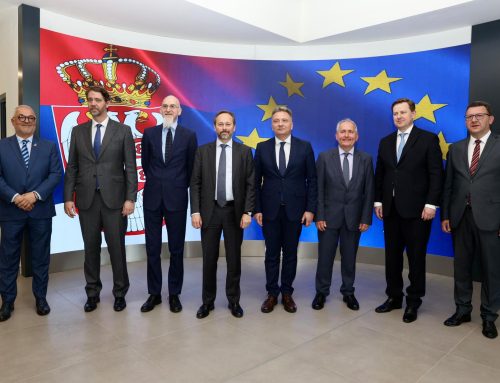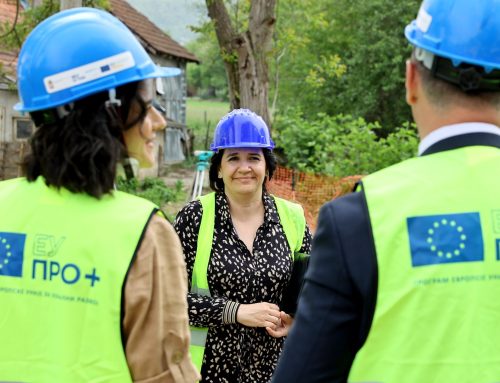Sport makes a society more cohesive and competitive, European Commissioner for Education, Culture, Youth and Sports Tibor Navracsics said during a roundtable discussion organised within the European Week of Sport in Belgrade.
The high-level roundtable dedicated to healthy lifestyles, organised by the European Commission, brought together representatives of the European Olympic Committee, the World Health Organisation, the Olympic Committee of Serbia, and Serbian officials.
Navracsics described healthy lifestyles as a fundamental condition for any sports activity. Healthy lifestyle, together with sports, is a topic of wider social relevance, he said.
“It is important to engage people in sports activities at the local level in order to make societies more cohesive; sports are an economic factor as well – the more athletic people are, the healthier and more competitive they will be,” Commissioner said.
Navracsics said that Eurobarometer’s surveys showed that 46 per cent of Europeans never work out, while only 7 per cent of them work out every day. This is the reason, he said, why we wanted to create a cross sector platform, together with European commissioners for health and agriculture.
The Minister of Sports of Serbia Vanja Udovicic said that decision-makers should be more vigorous in motivating citizens, parents in particular, to play sports and teach their children to do the same.
“Our researches have shown that investing a dinar in sports and in infrastructure – and by this I mean opening a possibility to engage people in sports – saves three dinars of investment in healthcare system and health of the entire nation. This means we can make huge savings,” Udovicic said.
The roundtable, which inter alia involved the Romanian Minister of Sports Ioana Bran, the President of the European Olympic Committee Janez Kocijancic, the Secretary General of the Olympic Committee of Serbia Djordje Visacki, the international handball player and coach Bogdan Venta and the Olympic swimming medallist Loran Karnol, particularly focused on the role of parents in motivating their children to take part in physical activity.




